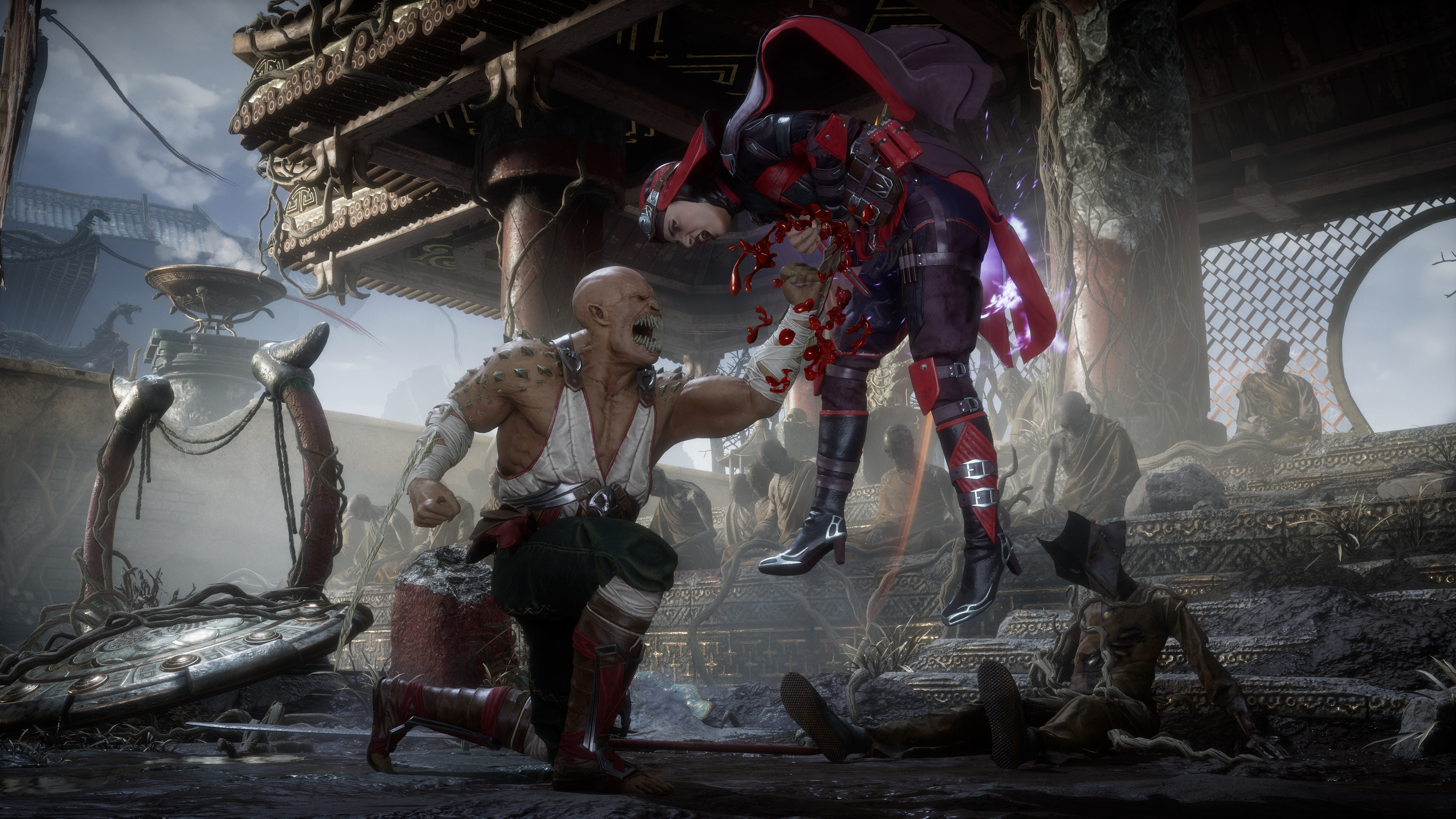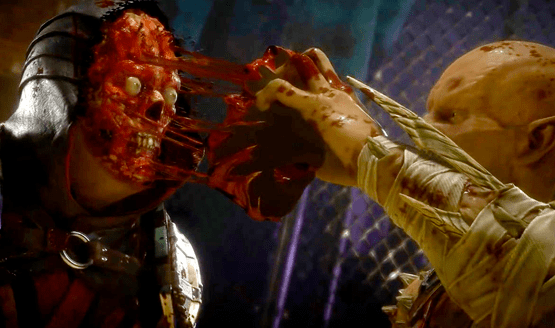Pennsylvania lawmakers have introduced a bill that would add a 10% tax on video games rated M for mature and AO for adults only, specifically those sold at retail. The money collected would go into an account with the goal of improving safety measures at Pennsylvania schools. This tax, which would be added on top of applicable state sales tax, is commonly referred to as a “sin tax.”
Not to be confused with syntax (the grammatical structure of sentences in linguistics), the “sin tax” is quite literally a tax on things considered “sinful,” in this case, adult and mature-rated video games. Sin taxes are hardly a new idea. Products like alcohol, cigarettes, pornography, and gambling have been subject to the sin tax for being deemed “morally harmful to society.” The purpose is twofold. First it makes the “sin” cost prohibitive to partake in, and second, it provides money to the state for those that decide to pay the premiums. The sin tax is one of the big reasons cigarettes are so expensive. (For example, in Chicago, Illinois, the combined state, county, and municipal taxes currently come to $6.16 of taxes per pack, which is an added consumer cost on top of the sales price for the manufacturer and retailer.)
House Bill No. 109 was introduced by Rep. Christopher B. Quinn (R), who first proposed a similar bill back in October 2018. That bill didn’t make it out of committee at the time. Back in September 2018, Quinn stated in a memo that an increase in acts of violence in schools was cause for concern, and posited that violent media, including video games, may be to blame for these violent outbursts. He specifically used evidence from a National Center for Health Research article that talked about increased “aggression” linked to violent video games, but conveniently failed to mention the part of the article that drew a clear distinction between aggression and violence, with no evidence linking one to the other.
Interestingly, this would put the ESRB—a non-government board that rates video games—in a position to determine which games would carry the mature video game tax in Pennsylvania. The ESRB is responsible for putting ratings on each game that releases, though ratings are currently suggestions and not legally enforceable. The criteria for each rating is determined internally by the board. It should also be noted that there are lots of violent games that are not rated M, and plenty of M-rated games that are not necessarily violent. How effecting this tax would impact the ESRB is currently unknown.
The wording of HB 109 seems to indicate that the tax would only be applied at retail, increasing the attractiveness of the digital market for gamers in the state.
This is hardly the first time that government has tried to step in to do something about violent video games. Donald Trump recently met with leaders of the video game industry about violence in games, showing off a reel of carefully selected and out of context violent clips from games. It doesn’t seem like much has come of the “first of many” meetings, which has yet to be followed up on publicly.
House Bill 109 has been referred to Pennsylvania’s House of Representatives Finance Committee. The last bill never made it out of this stage, but if it does manage to make it into law, it could set a precedent for video game taxation across the entire country. What do you think of Pennsylvania’s video game “sin tax?” Should the government enforce an added tax to certain video games? Sound off in the comments.
[Source: Variety]
Mortal Kombat 11 January 2018
-
Mortal Kombat 11 January 2018 #1
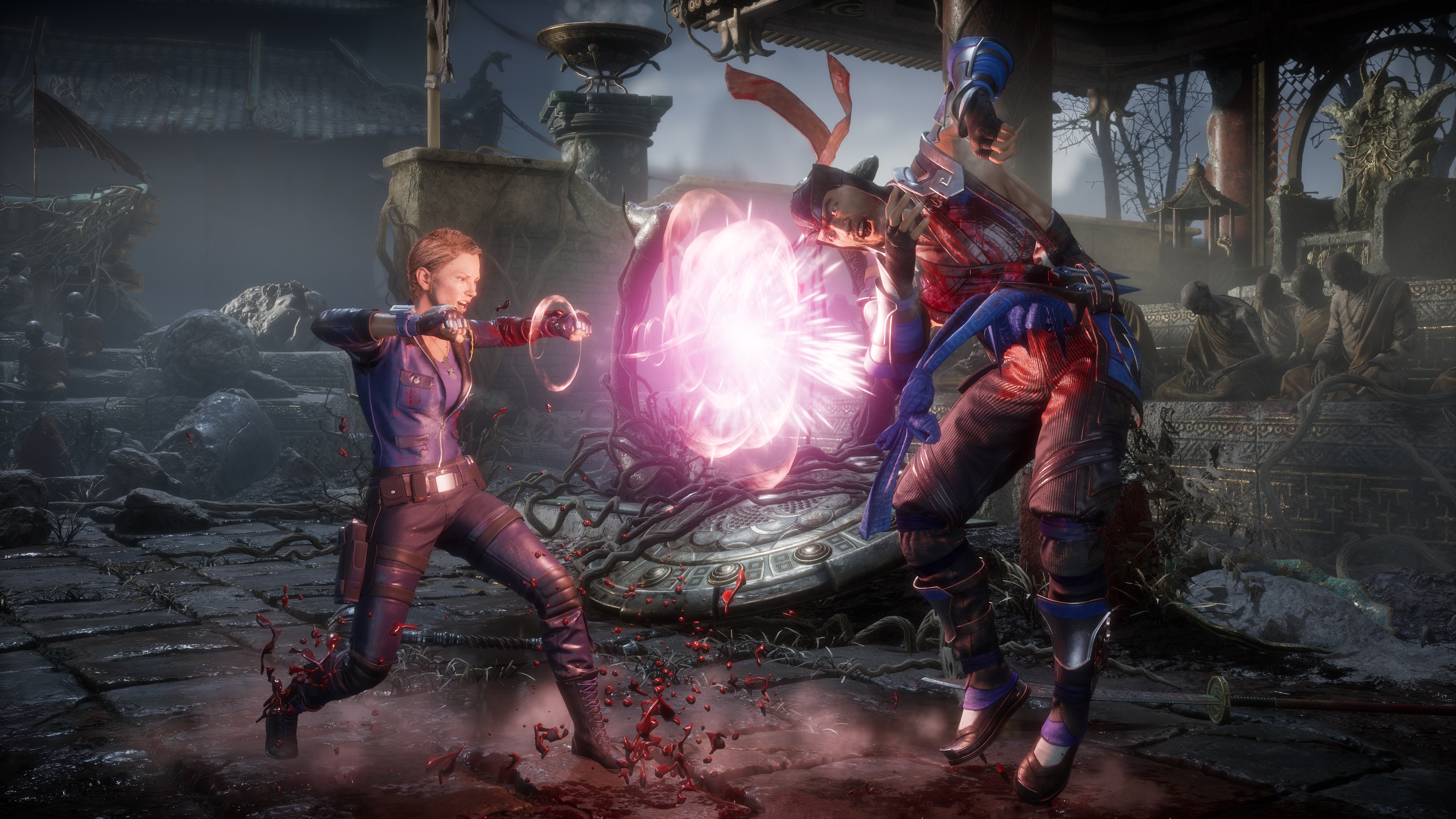
-
Mortal Kombat 11 January 2018 #2

-
Mortal Kombat 11 January 2018 #3
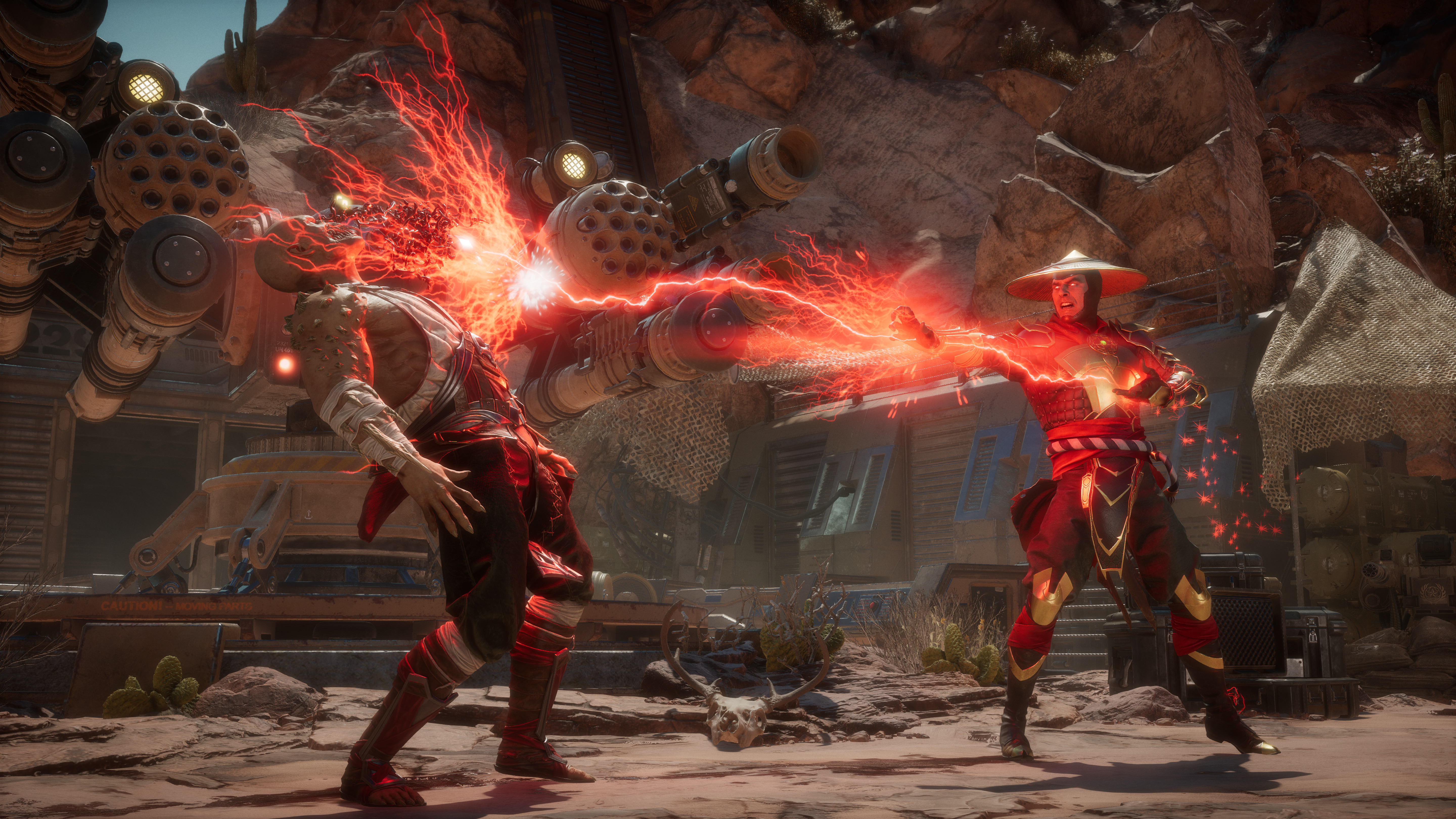
-
Mortal Kombat 11 January 2018 #4
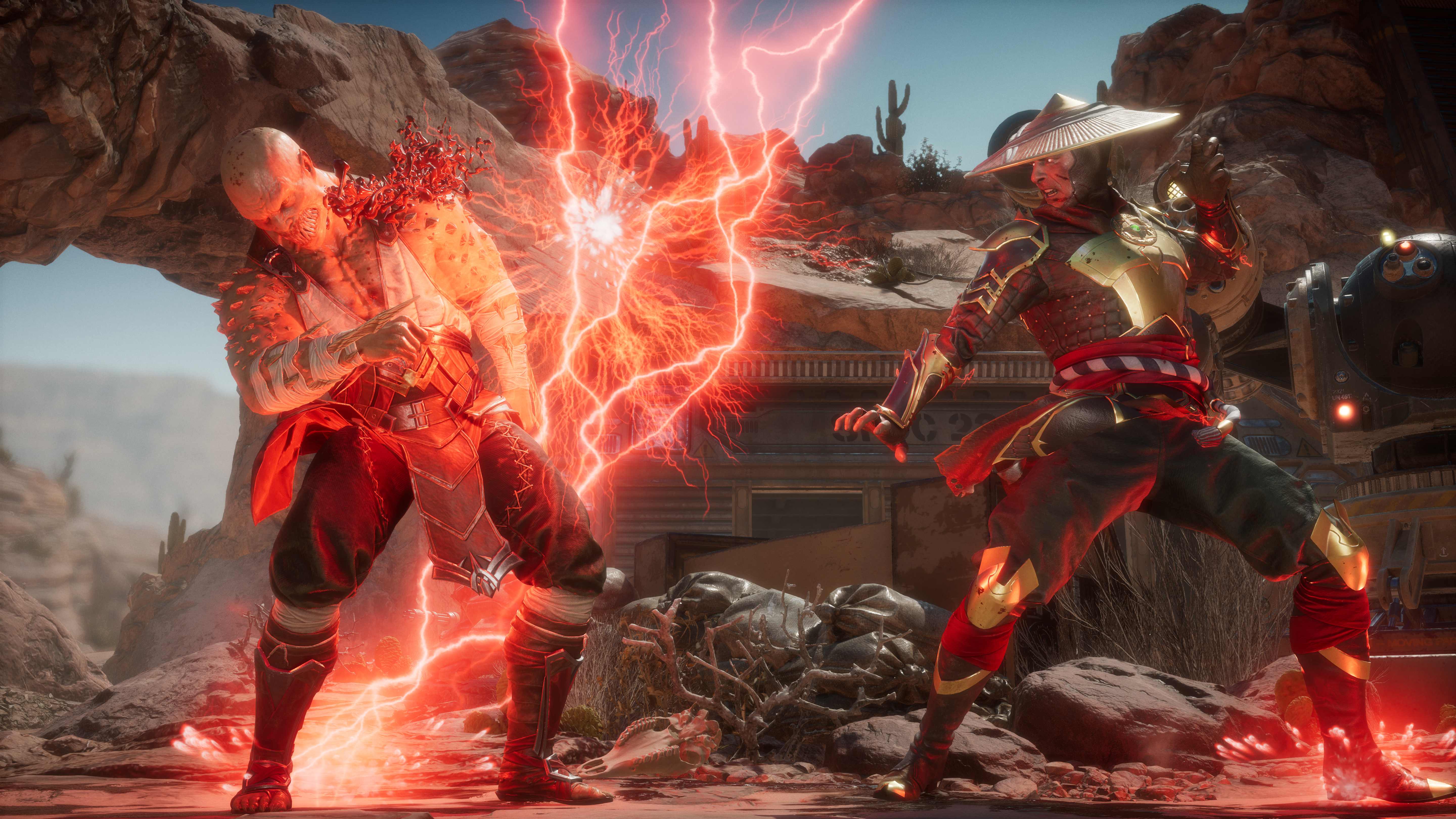
-
Mortal Kombat 11 January 2018 #5

-
Mortal Kombat 11 January 2018 #6

-
Mortal Kombat 11 January 2018 #7

-
Mortal Kombat 11 January 2018 #8
